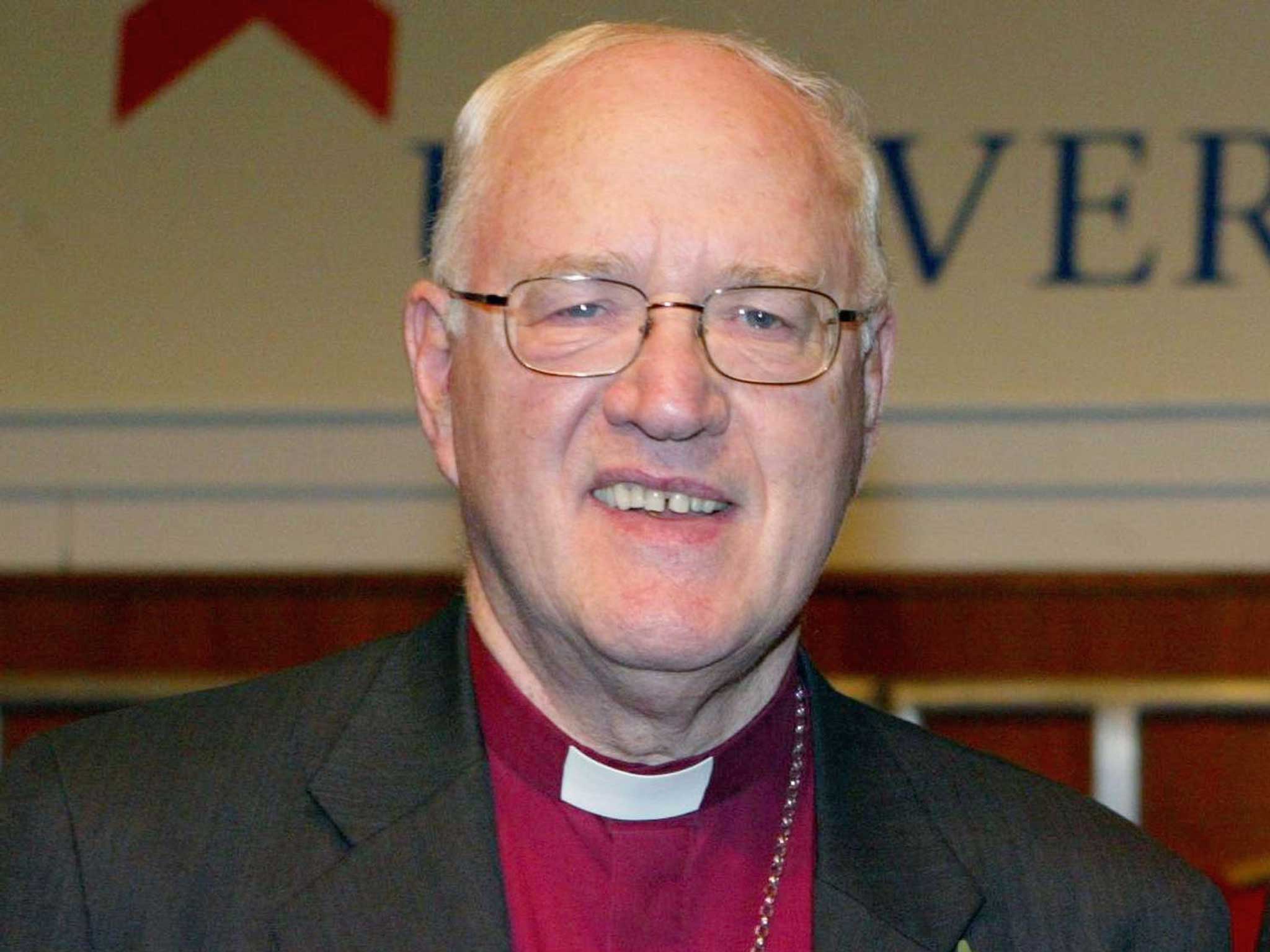Christians are under pressure to keep quiet about their faith, says former Archbishop of Canterbury Lord Carey

Your support helps us to tell the story
From reproductive rights to climate change to Big Tech, The Independent is on the ground when the story is developing. Whether it's investigating the financials of Elon Musk's pro-Trump PAC or producing our latest documentary, 'The A Word', which shines a light on the American women fighting for reproductive rights, we know how important it is to parse out the facts from the messaging.
At such a critical moment in US history, we need reporters on the ground. Your donation allows us to keep sending journalists to speak to both sides of the story.
The Independent is trusted by Americans across the entire political spectrum. And unlike many other quality news outlets, we choose not to lock Americans out of our reporting and analysis with paywalls. We believe quality journalism should be available to everyone, paid for by those who can afford it.
Your support makes all the difference.Christians are under pressure to be “silent about their faith” and display “increasing timidity” about admitting they have a faith at work, according to Lord Carey.
The former Archbishop of Canterbury also praised the Prince of Wales for his “powerful intervention” about the plight of Christians in the Middle East. Lord Carey said Christian communities there were “on the verge of disappearing”.
But, writing in The Daily Telegraph, he also said Christianity was under threat in Europe and elsewhere.
“I admit I am worried about the future of faith in the West,” he said. “Many Christians I meet say there is a pressure on them to be silent about their faith.
“Though there can be no question of a comparison with the powerlessness and weakness of the Church in the Middle East, there is an increasing timidity on the part of churchgoers in the West – about even admitting that they have a faith in the workplace.”
Lord Carey attacked Western governments for being “strangely and inexplicably reluctant to confront” the situation in the Middle East.
“In a recent House of Commons debate on the issue, the Government response was full of denial that this was a problem uniquely affecting Christian communities,” he said.
“But, then, successive governments have done little to speak up for Christians facing human rights abuses in Africa and the Middle East.
“In fact this Government, which has conspicuously sought friendly and co-operative relationships with the Churches, is doing just as much to wash its hands of persecuted Christian communities as any of its predecessors.”
He said that leaders of Western countries seemed to find it difficult to think of Christians as a persecuted minority.
“Yet far from being important and influential, in many parts of the world Christianity is weak and despised, and Christians are attacked and killed,” he said.
“In Nigeria, churches are firebombed; in Pakistan, churchgoers are prosecuted under draconian blasphemy laws, while in Egypt, they are either marginalised or assaulted.
“This is a reminder, if ever we needed one, that Christianity’s uniqueness lies in its ambivalent relationship with power.
“Christianity’s really unusual insight is into the use of power – or rather its lack of it, as we see in the life of Christ. This Christ forsook the path of the revolutionary zealot and rejected the role of both politician and jurist.
“Weakness and humility are the values chiefly in the foreground – although lurking in the background lies considerable power to redeem and change the world.”
Lord Carey said last month that Christianity was a “generation away from extinction” in the UK.
Join our commenting forum
Join thought-provoking conversations, follow other Independent readers and see their replies
Comments